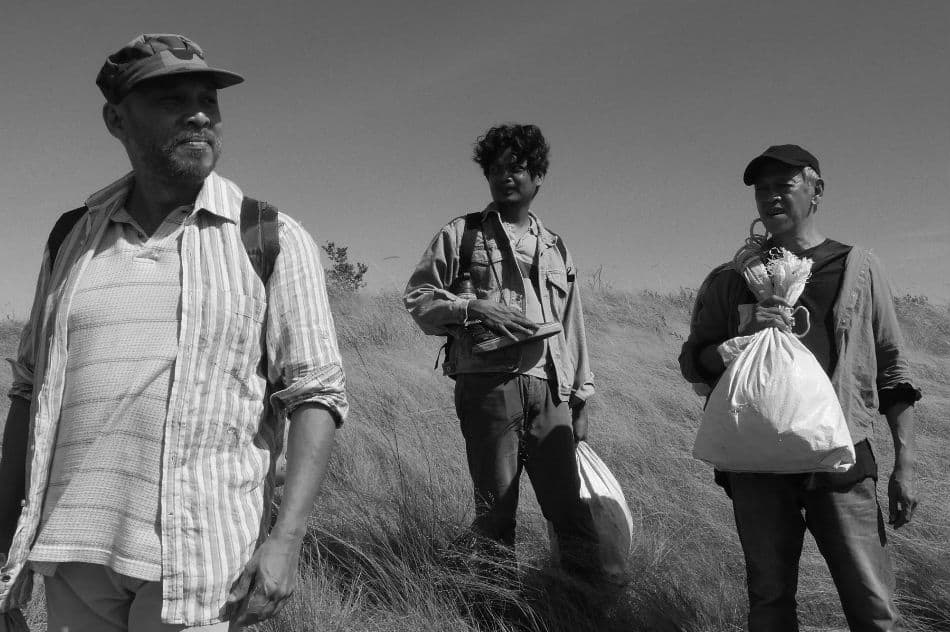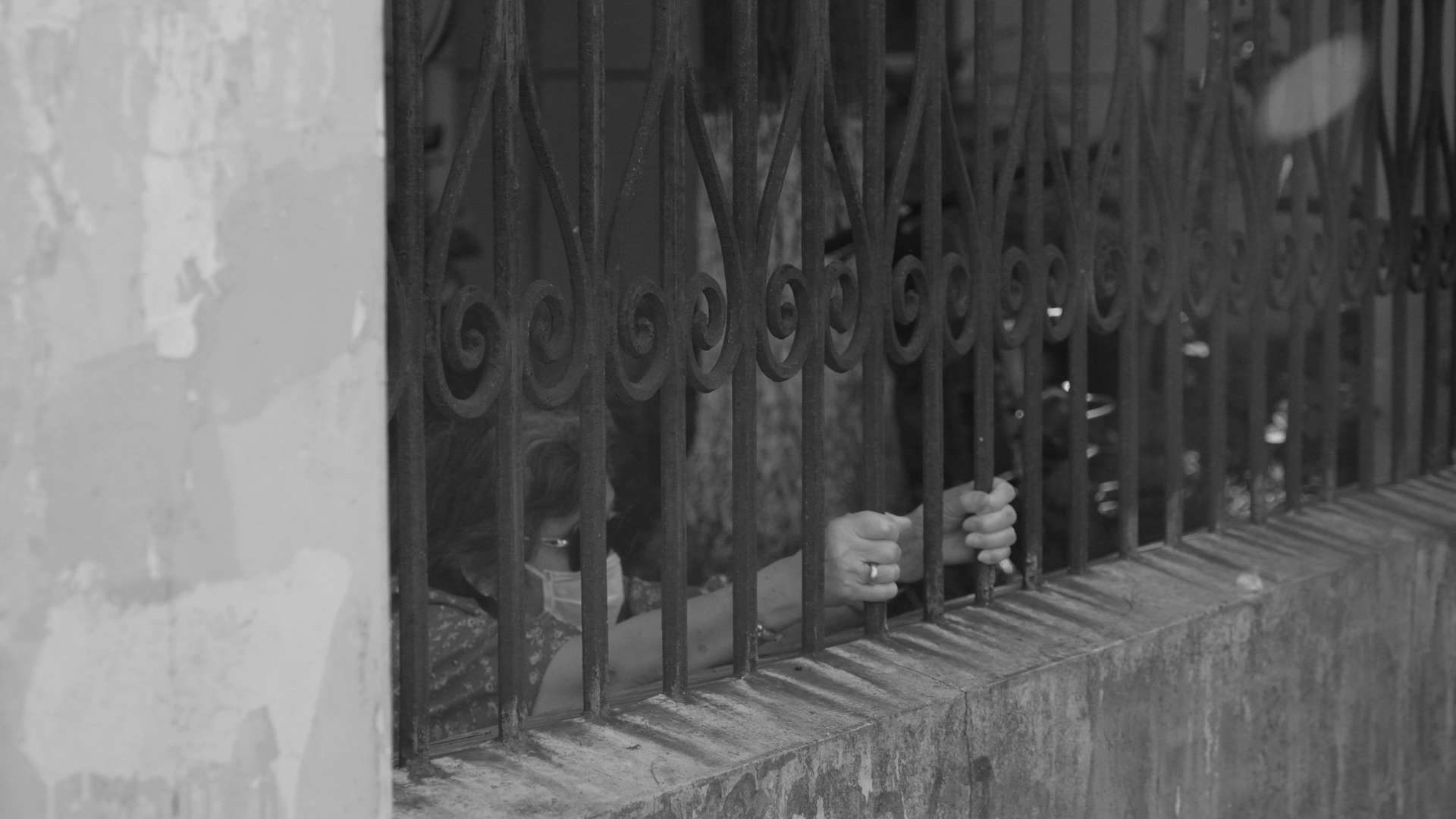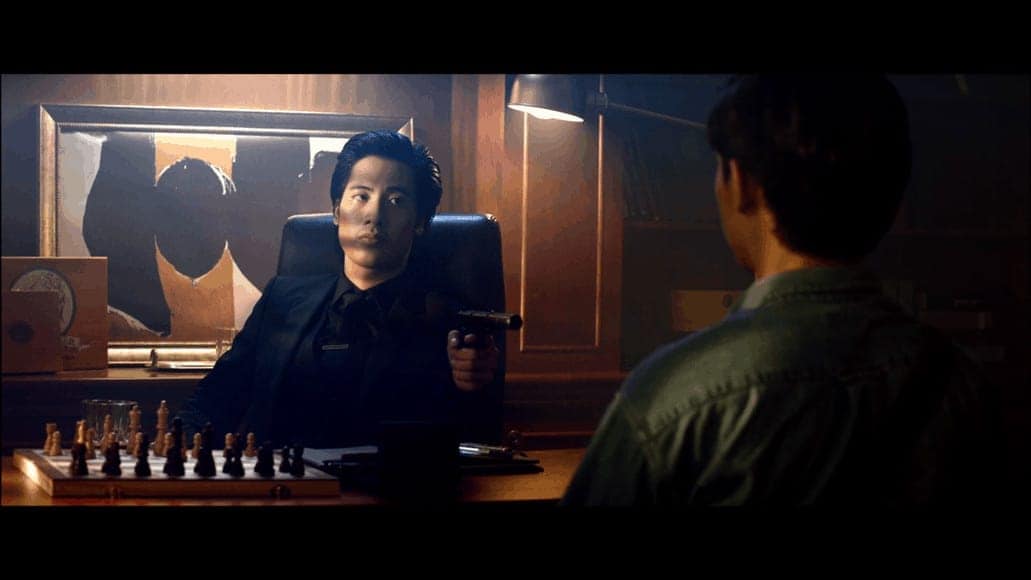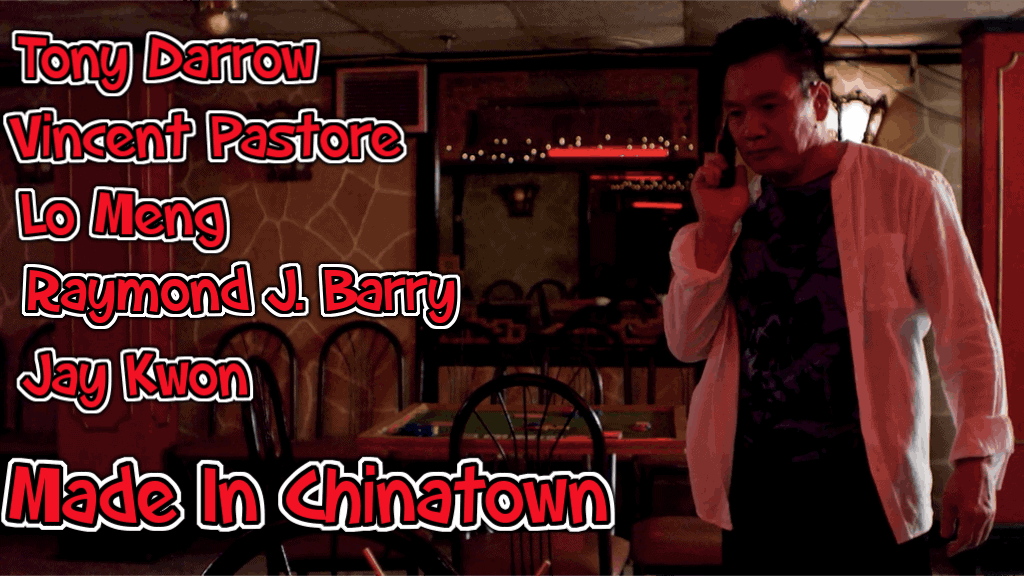It is in the nature of cinema, similar to other arts, to tackle the questions which have been discussed and re-evaluated time and time again. While the term “slow cinema” is often used to solely focus on the pace of a feature, it may also be a sign of short-sightedness, for the slowness in the works of Lav Diaz is linked to the issues he discusses, in the stories he tells, from society to politics, always with a strong human focus. His new feature “Genus, Pan” was, as the filmmaker states, inspired by an answer he gave many years ago to the question to how he would define humans and his reply that they are nothing more than animals. Considering the events of the past years, Diaz came back to the statement, thinking how the current times might have proven him right and so the idea for “Genus, Pan” was born, a feature which, in terms of mood, can be regarded as continuation of works like “Season of the Devil” or “The Halt”.
“Genus, Pan” is screening at International Filmfestival Mannheim-Heidelberg
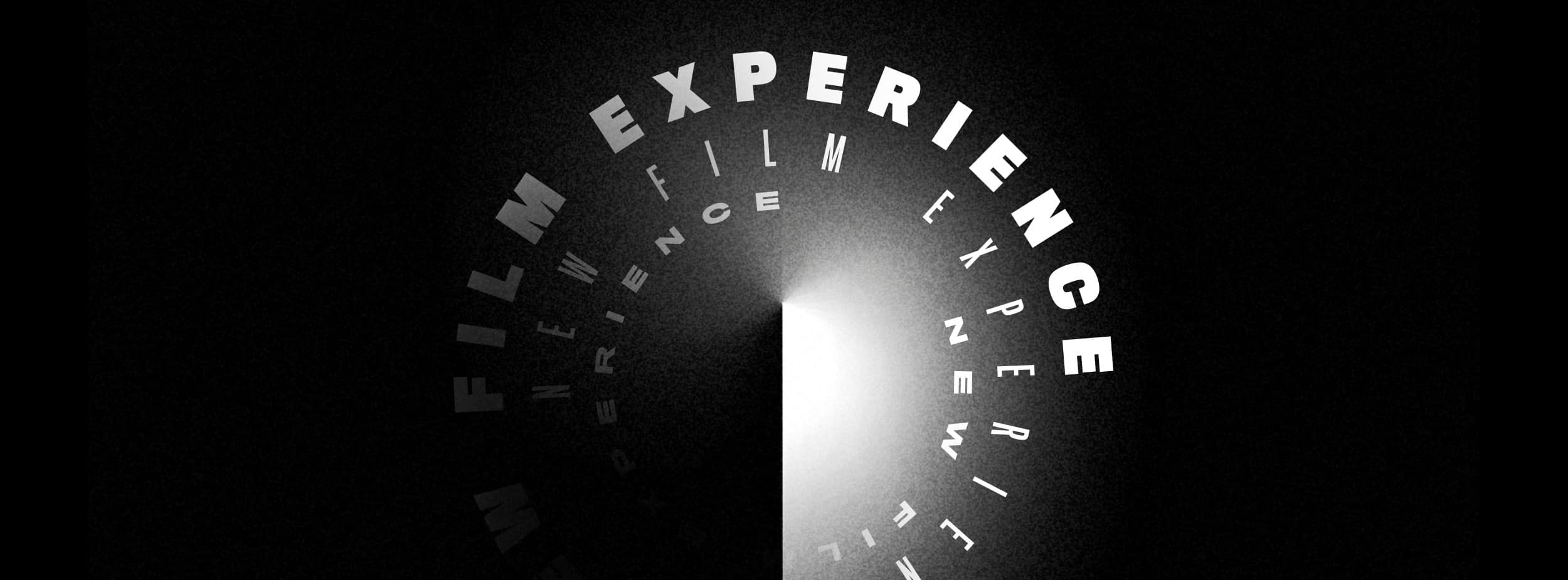
For Andres (Don Melvin Boongaling) working in a gold mine is tough, like for his colleagues, but is the only source of income he has. Since he also relies on other people – his boos and the foreman – to have a job, they eventually take away a big cut from his pay to cover their “expenses”, which adds to the frustration of the young man when payday arrives. Lately, his situation has become increasingly problematic because he is in desperate need for money to offer the much-needed medicine for his sister. Because his loan will not suffice to cover the costs, he joins two colleagues, Baldo (Nanding Josef) and Paulo (Bart Guingona) on their journey to the mysterious island of Hugaw, a venture which hopefully will result in quite a lot of money for the three of them.
However, as soon as they reach the island, their comradeship shows the first signs of disintegration. Especially Baldo feels Andres, the youngest member of their group, does not pay him enough respect, so that his friend Paulo frequently has to mediate between the two to prevent further escalation. In the end, his efforts prove fruitless, for the promise of the money has a firm grip on the trio, and a terrible crime occurs with the survivors trying their best to hide away the signs of their deeds.
While his last works have been quite dark in tone, painting a grim image of Filipino society and politics as well as the road the country has taken, “Genus, Pan“ may just be one of Diaz' bleakest features. Even though it is still present, the social and political context stays mostly in the background in this story; there is a stronger focus on the three main characters, especially their group dynamics forcing them to distrust and fight each other various times, making the escalation inevitable. The usual aesthetics, common in the director's work, such as the use of black-and-white film combined with long takes, stress the bleak tone of the feature, along with its focus on the dark impulses which drive human beings.
In general, the camera becomes something like a microscope in Diaz' hands when it comes to finding and analyzing the core of violence. Concepts like civilization, life experience or (religious) faith become useless shields against the brutality that finally erupts and that only leaves behind remorse and regret, along with the intention to cover one's tracks, for the reminder of one's savagery is simply too much to bear. Undoubtedly, the vicious circle of this violence is terrible and perhaps never-ending, since the key to stop it lies in the hands of men, who, like the characters in “Genus, Pan” are simply too preoccupied with their own needs and desires, and captured in a system that can be just as violent as them.
“Genus, Pan” is a drama about whether mankind can escape its dark desires and notions. Lav Diaz has managed to create a dark and often quite sobering story about the core of humanity and the system which surrounds us. However, as with his other features, Diaz is anything but a fatalist because in all the darkness in his stories, there is also the hope that mankind might break this vicious circle at some point.


